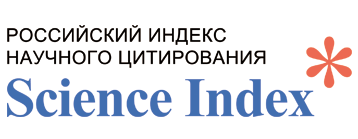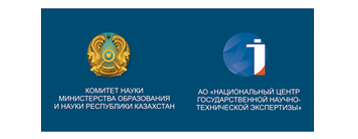DEVELOPMENT OF COMPOSITE ALUMINUM POWDERS WITH ENHANCED THERMOREACTIVITY FOR ENERGETIC SYSTEMS
DOI:
https://doi.org/10.51580/2025-3.2710-1185.35Keywords:
modifier, aluminum, graphite, mechanochemical treatment, thermogravimetric analysis, differential thermal analysisAbstract
Introduction. In contemporary composite solid propellants, aluminum serves as a key
energetic constituent; however, a passivating Al₂O₃ film on the particle surface markedly diminishes its
effective reactivity. The present study aims to enhance the reaction performance of aluminum powder
through mechanochemical treatment (MCT) employing functional modifiers. Commercial ASD-grade
aluminum powder and GL-1 graphite were selected as the starting materials. Results and discussion.
Within the experimental program, the aluminum powder was subjected to MCT with varying graphite
loadings. The treatment dramatically increased the fraction of active aluminum owing to partial disruption
of the oxide shell. Morphological examinations confirmed oxide removal, uniform graphite coating, and
the emergence of lamellar structures measuring 20-80 nm. Thermal analysis further revealed a shift of the
principal exothermic peak from 662.6 °C to 653.9 °C for the Al + 10% graphite composite, accompanied
by a 27 % rise in heat release, indicative of a lower activation energy and more complete oxidation.
Conversely, a 20% graphite addition reduced the thermal gain, as excess carbon shielded metallic sites.
Conclusion. The graphite content of 10% is deemed optimal, providing the most favorable
thermochemical behavior. The obtained results confirm that MCT of aluminum powder with graphite is an
effective strategy for substantially increasing its reaction capability.

















